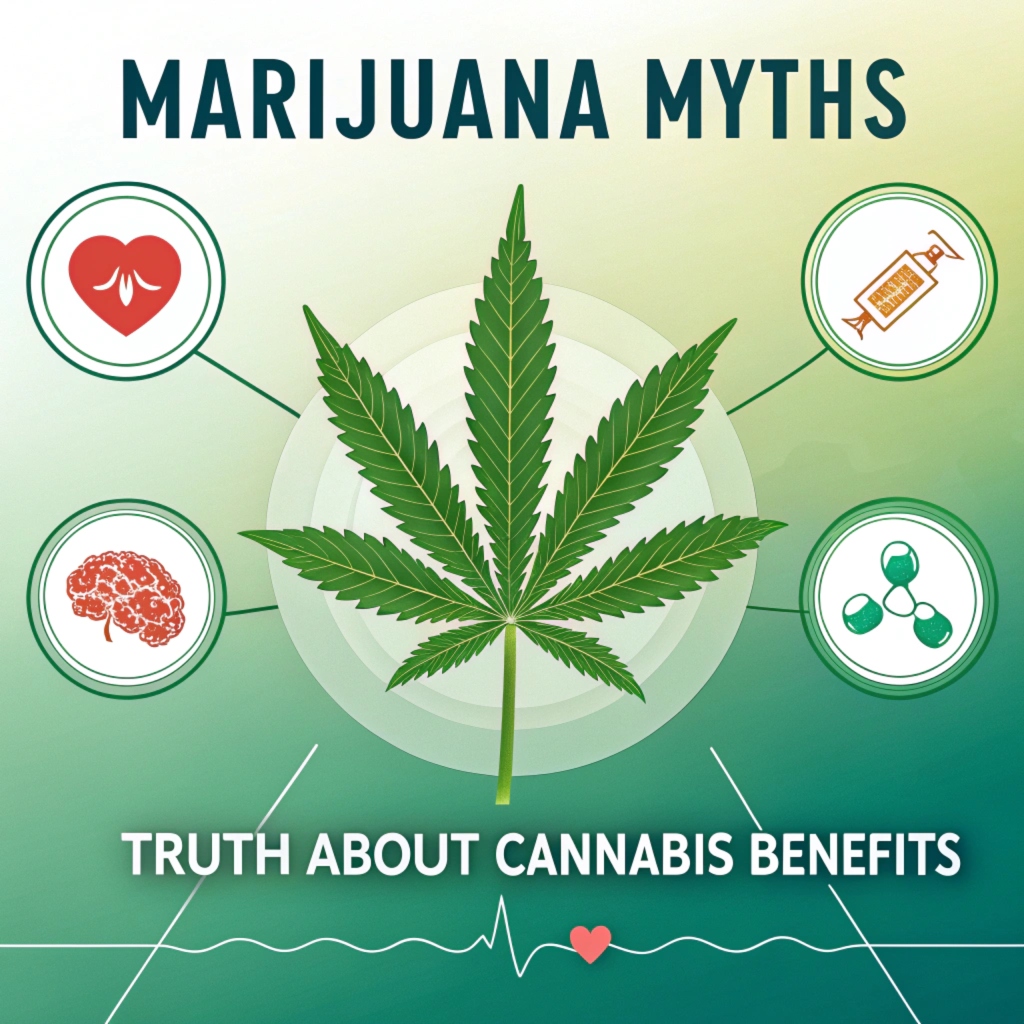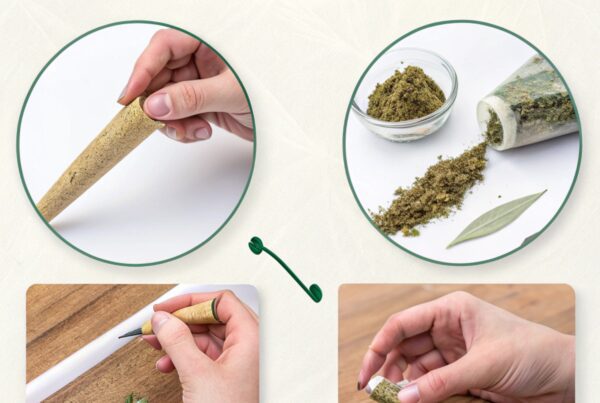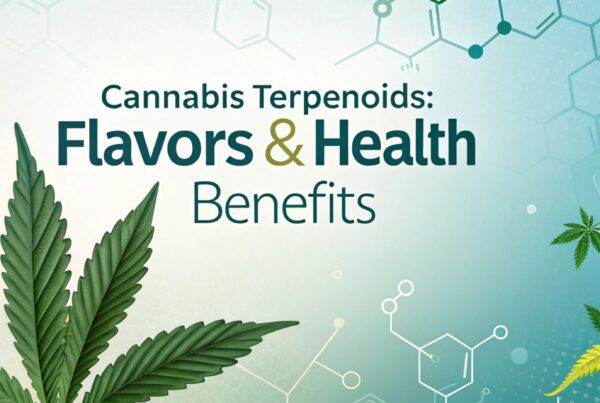Marijuana Myths: Truth About Cannabis Benefits
Marijuana has long been surrounded by myths and misinformation, fueled by propaganda and outdated research. Films like Reefer Madness (1936) reflect the absurdity of such campaigns. But is cannabis truly harmful? Dr. Julie Holland, editor of The Pot Book, challenges these myths with modern research. Here’s a breakdown of the most persistent misconceptions about cannabis.
Myth 1: Cannabis Is a Schedule I Drug
Despite cannabis being classified as a Schedule I drug in the U.S.—a category for substances with high abuse potential and no medicinal value—the government holds a patent on its neuroprotective properties. Oddly, THC pills, which can cause significant intoxication, are classified as Schedule III drugs, alongside prescription medications like Xanax.
This inconsistency makes it harder to conduct cannabis research. Paradoxically, researchers can more easily study heroin or cocaine than cannabis, as funding for therapeutic cannabis studies largely relies on private donations due to governmental restrictions.
Myth 2: Cannabis Kills Brain Cells
Contrary to popular belief, cannabis does not kill brain cells. In fact, it is neuroprotective, helping to preserve brain cells exposed to toxins or oxygen deprivation. While cannabis may temporarily impair memory during intoxication, this effect is reversible once its influence wears off.
Myth 3: Cannabis Is a Gateway Drug
The gateway drug theory lacks solid evidence. Some reports even suggest cannabis can help individuals replace more harmful substances like alcohol or opioids. Additionally, cannabidiol (CBD), a non-intoxicating compound in cannabis, shows promise in helping people quit smoking.
For a deeper understanding of how different strains like Sativa, Indica, and Hybrids contribute to cannabis’s effects, check out our guide: “Understanding Cannabis Strains: Sativa, Indica & Hybrids“.
Myth 4: Cannabis Is Highly Addictive
While cannabis can be addictive for a small percentage of users, it is far less addictive than cigarettes, heroin, cocaine, or alcohol. Moreover, cannabis withdrawal symptoms are mild and short-lived compared to the severe and potentially fatal withdrawal associated with alcohol.
Myth 5: Cannabis Has No Medical Value
Cannabis has been used for thousands of years to treat insomnia, anxiety, menstrual cramps, nausea, and appetite loss. It was even listed in the U.S. Pharmacopeia until the 1940s. Today, THC is an FDA-approved treatment for nausea and pain, and Sativex—a THC and CBD extract—is approved in 40 countries to manage Multiple Sclerosis symptoms. Additionally, 70% of doctors in a recent survey said they would recommend cannabis to patients who could benefit from it.
The Takeaway
Marijuana myths are slowly being replaced by evidence-based understanding. Cannabis offers medicinal and recreational benefits, making it a safer alternative to many other substances. Through proper education and research, society can redefine cannabis’s role in improving health and well-being.




